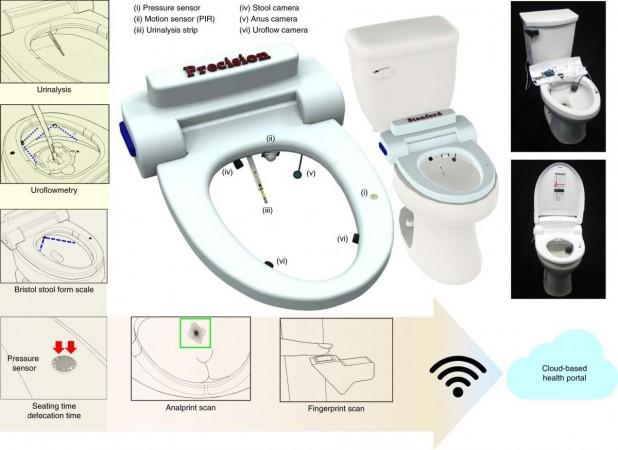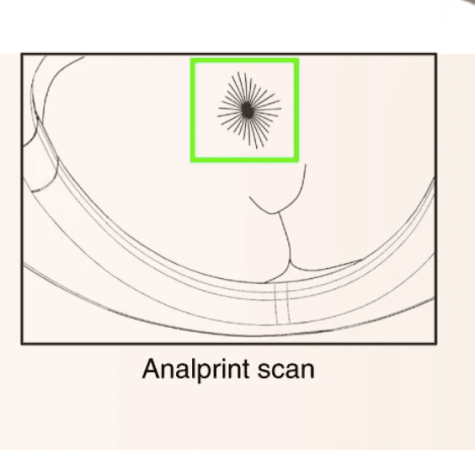Stanford University has developed a smart toilet that uses artificial intelligence with cameras and sensors to detect signs of critical illnesses. According to researchers in the United States, a smart toilet developed by Stanford University will be able to detect early signs of cancer and other diseases.
Say goodbye to smelly stool tests
The smart toilet has been designed with an upward-facing camera that uses artificial intelligence and test strips to analyze poop and urine as it passes through.
The technology used in this toilet will make traditional stool tests redundant and prove beneficial for people who have a genetic predisposition for certain diseases.
How does it work?
The regular toilet in the user's bathroom will be retro-fitted with all the contraptions that will perform the tests along with an app that will analyze the data in real-time and display the results. The researchers hope that this toilet will someday become a household item in everyone's bathrooms.

The technology used in the development of this toilet is known as continuous health monitoring, which is included in devices like fitness trackers and smartwatches. However, this toilet is unique from other products in the same category because it includes the ability to use anal prints to identify each user.
Changing the way you do your morning business
One of the most important things about the smart toilet is that it comes with a built-in identification system. Study lead author Sanjiv "Sam" Gambhir explains that the whole purpose of this smart toilet is to provide personalized and accurate health information. Hence, they made a toilet that can read fingerprints from the flush lever.
However, the scientists worried that the system may not work as sometimes people have auto-flush or toilets used by other people in the same home. Therefore, they added a small scanner that scans their anus.

Even though it sounds weird, but the anal prints are unique to each person, reveals Stanford professor Gambhir.
Gambhir, the scientist behind this novel concept, explains that unlike wearables, a smart toilet has more functionality as a disease-detecting device because it is unavoidable.
However, he adds that these toilets are no replacement for doctors and would require a diagnosis to ascertain the condition. The scientist hopes that in the future, this toilet will be able to monitor up to 10 different diseases that include diabetes and heart conditions.

















